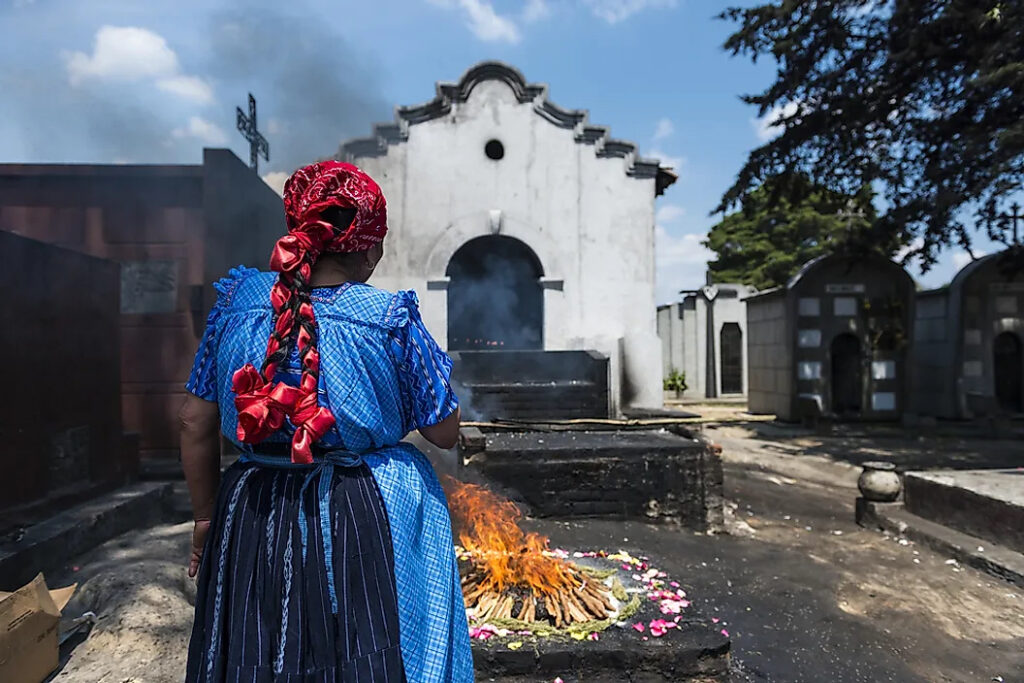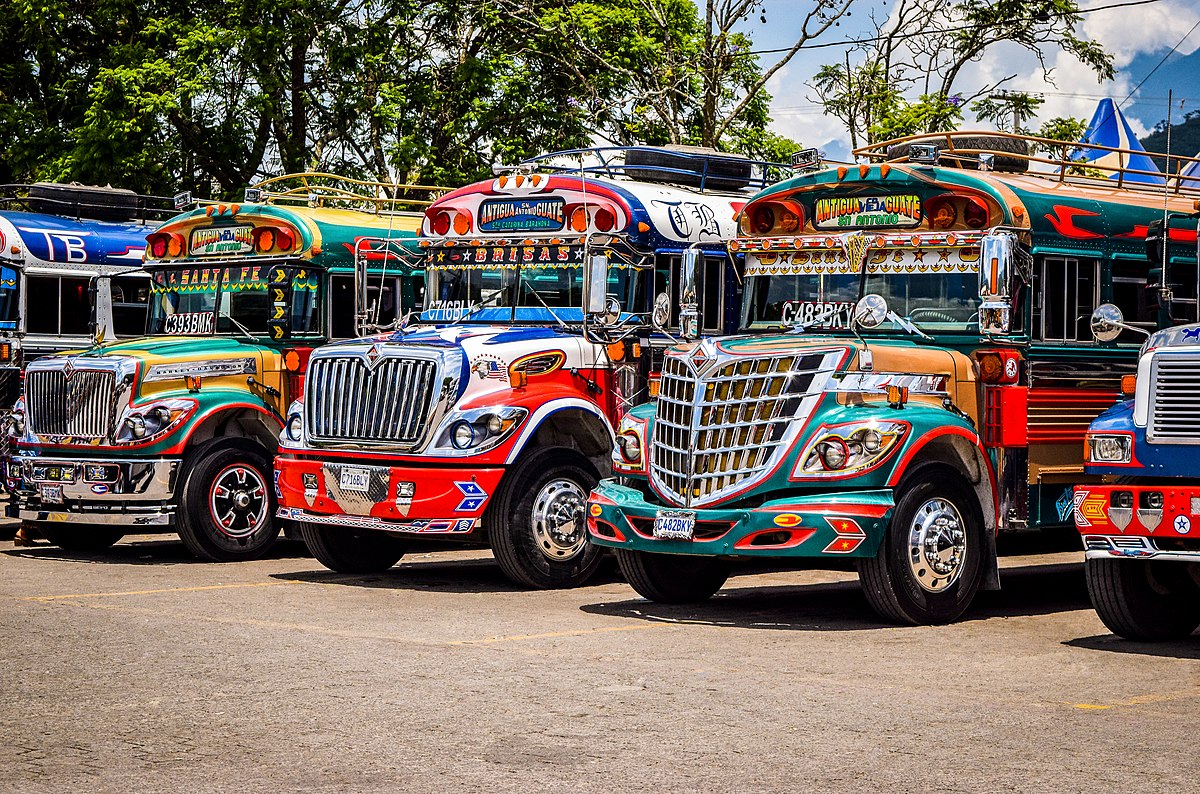Guatemala has a complex history of human rights violations, and there are several specific human rights issues that are of importance in the country.

- Indigenous rights: The majority of the Guatemalan population is indigenous, yet they have faced systemic discrimination and exclusion throughout the country’s history. Indigenous peoples in Guatemala have been denied access to land, education, healthcare, and other basic rights, and have been subject to violence and exploitation.
- Freedom of expression: Journalists, human rights defenders, and others who speak out against corruption and impunity in Guatemala have faced threats, intimidation, and violence. There have been numerous cases of journalists and activists being attacked or killed for their work, and there is a pervasive culture of impunity for those who commit such crimes.
- Women’s rights: Women in Guatemala face high levels of violence and discrimination, including sexual violence, domestic abuse, and forced marriage. There is also limited access to reproductive healthcare and education, which contributes to high rates of maternal mortality and teenage pregnancy.
4. LGBT+ rights: LGBT+ individuals in Guatemala face discrimination and violence, and there are few legal protections for their rights. Same-sex marriage is not legally recognized, and LGBT+ individuals are often subject to harassment and discrimination in public and private spaces.
5. Access to justice: There is a culture of impunity in Guatemala, particularly for those who commit crimes against marginalized communities. This has led to a lack of trust in the justice system, and many people do not report crimes or seek justice due to fear of retaliation or a belief that nothing will be done.
These are just a few examples of the human rights issues that are of importance in Guatemala. Addressing these issues and ensuring that all Guatemalans can fully enjoy their human rights is crucial for building a more just and equitable society.
Many of these human rights issues are recognized and protected under several international human rights treaties and declarations, however, not all of them have been implemented into Guatemalan law.

- Indigenous rights: The UN Declaration on the Rights of Indigenous Peoples, adopted in 2007, recognizes the rights of indigenous peoples to self-determination, land and resources, and cultural preservation. Guatemala is a signatory to this declaration. (To be a signatory on a declaration means that a country has officially agreed to the principles and commitments outlined in that declaration. Signing a declaration is usually the first step towards adopting its principles into domestic law and policy.)
- Freedom of expression: The Universal Declaration of Human Rights, adopted in 1948, recognizes the right to freedom of opinion and expression. This right is also protected under the International Covenant on Civil and Political Rights, which Guatemala ratified in 1992.
- Women’s rights: The Convention on the Elimination of All Forms of Discrimination Against Women (CEDAW), adopted in 1979, recognizes women’s right to equality in all areas of life, including education, healthcare, and the workplace. Guatemala ratified CEDAW in 1982.
4. LGBT+ rights: The Yogyakarta Principles, adopted in 2006, recognize the rights of LGBT+ individuals and call on governments to take action to eliminate discrimination and violence against them. Guatemala has not officially adopted the Yogyakarta Principles, but they are recognized as a part of international human rights law.
5. Access to justice: The International Covenant on Civil and Political Rights recognizes the right to an effective remedy for human rights violations. The Inter-American Convention on Human Rights, which Guatemala ratified in 1978, also recognizes the right to access to justice and calls on governments to ensure that victims of human rights violations have access to adequate and effective remedies.
By ratifying these agreements, governments commit to upholding these rights and working towards a more just and equitable society.